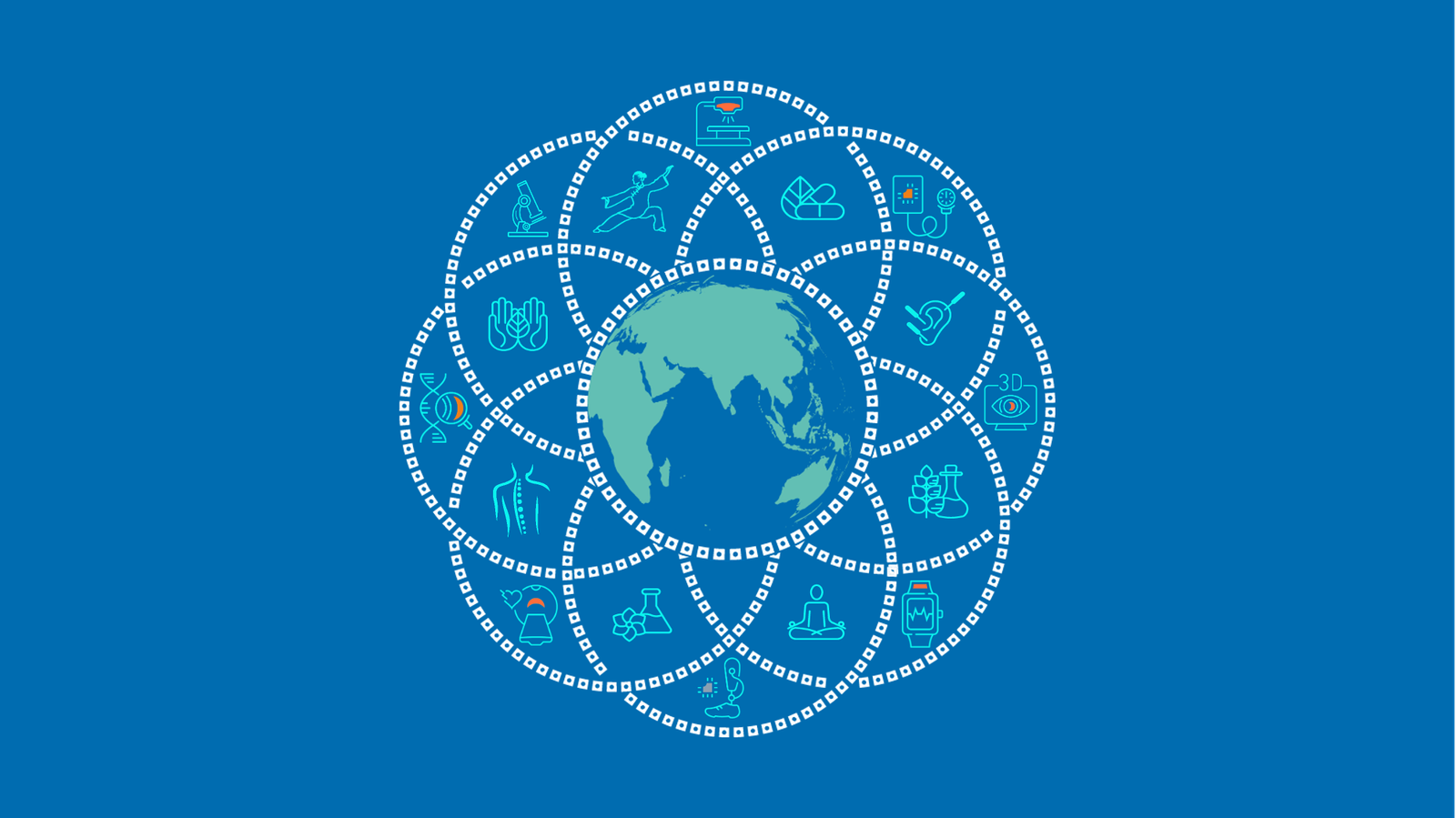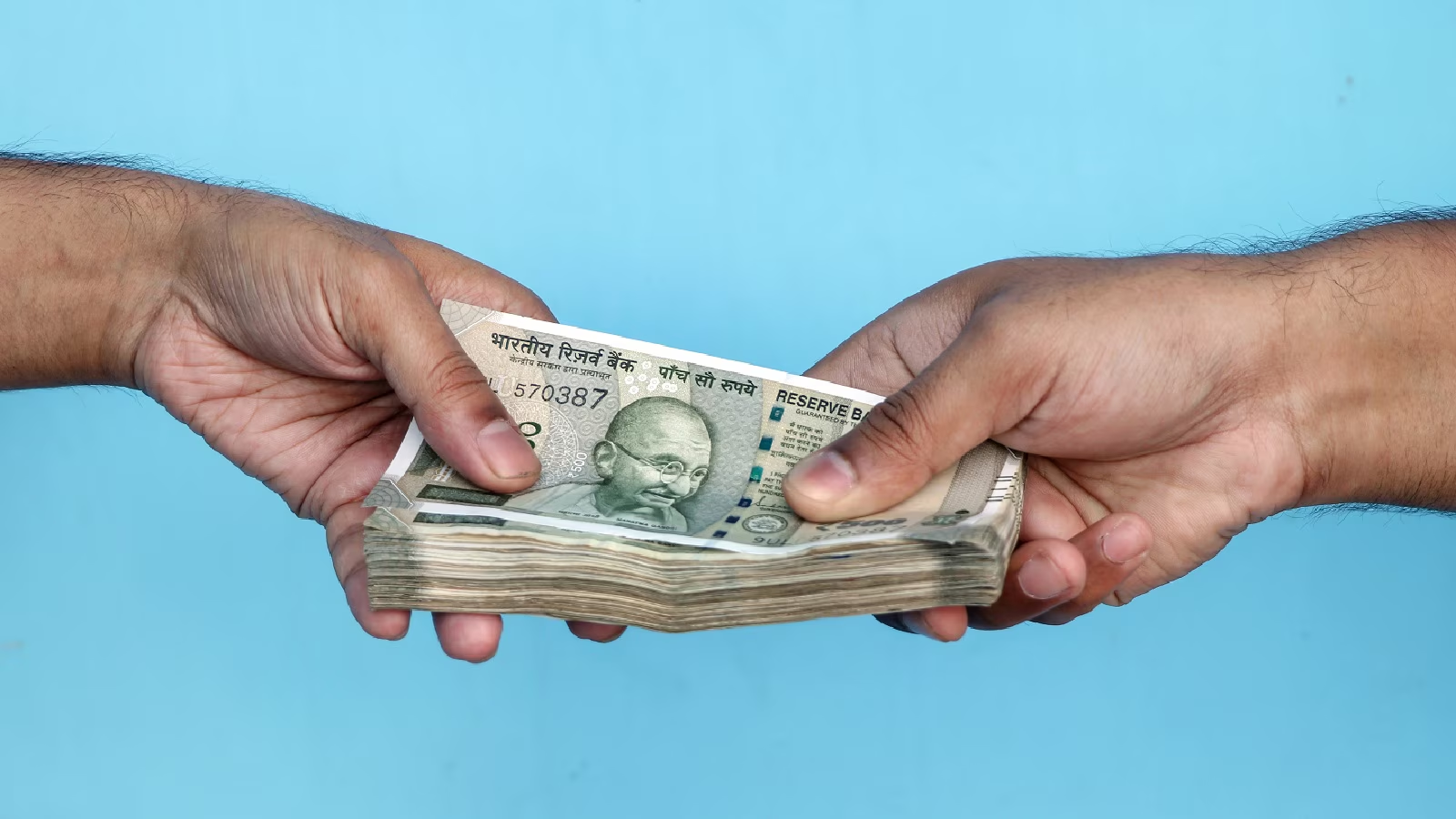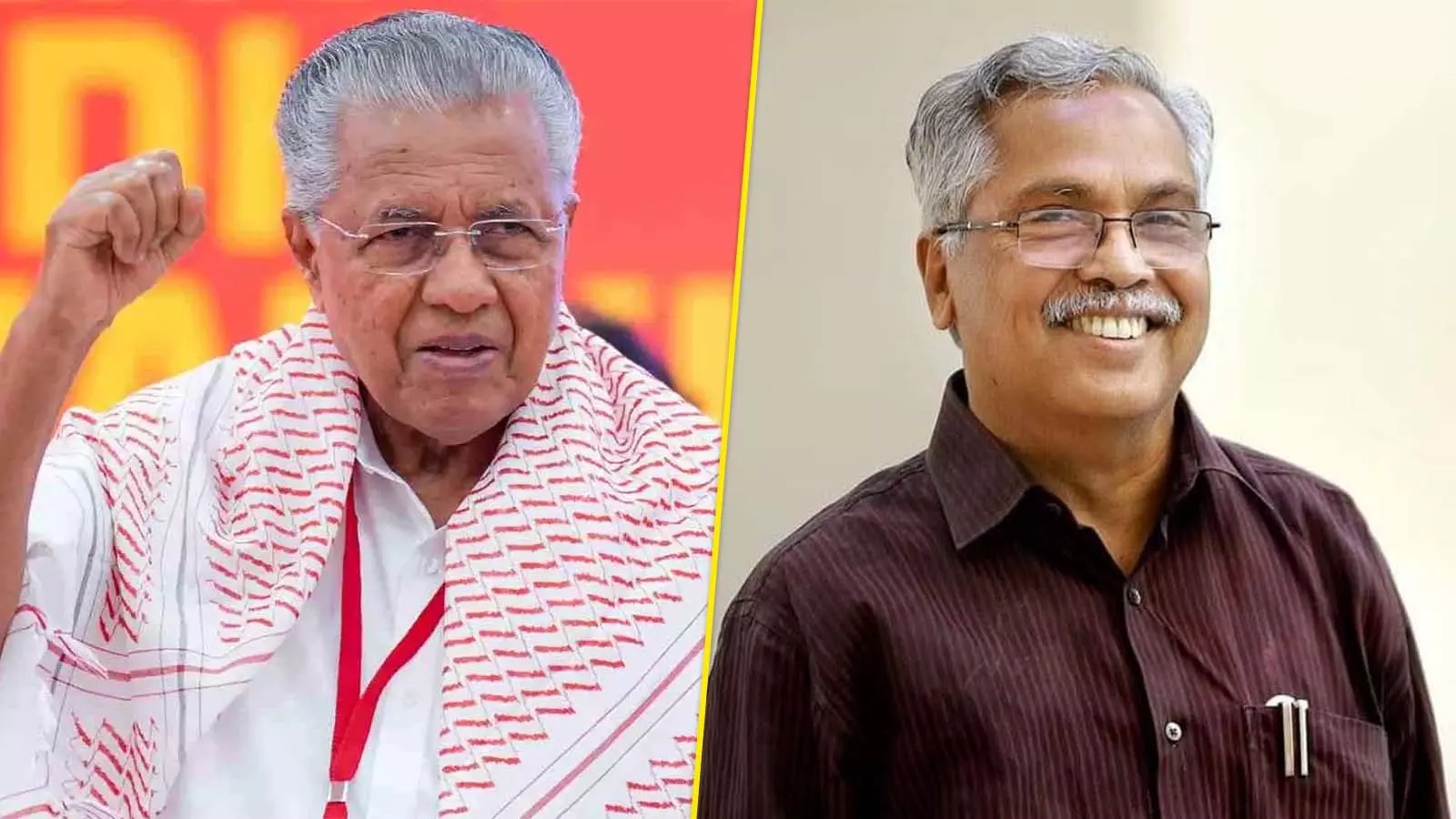Why in the News?
- The World Health Organization (WHO) has reported that 88% of its member states (170 out of 194 countries) practice traditional medicine.
- This makes it the primary form of health care for billions, especially in low- and middle-income nations.
- This coincides with Ayurveda Day 2025 (September 23), celebrated with the theme “Ayurveda for People & Planet”, highlighting its role in addressing lifestyle diseases and climate change.
Key Highlights
- Global Context of Traditional Medicine
Traditional medicine continues to serve as the primary health care option for billions worldwide due to its accessibility and affordability. Beyond treatment, it also contributes to biodiversity conservation, nutrition security, and sustainable livelihoods.- The global traditional medicine market is projected to reach $583 billion by 2025, growing at an annual rate of 10%–20%.
- China leads with a $122.4 billion Traditional Chinese Medicine industry, followed by Australia ($3.97 billion) and India’s AYUSH sector ($43.4 billion).
- India’s Transformation in the AYUSH Sector
India’s AYUSH (Ayurveda, Yoga, Naturopathy, Unani, Siddha and Homoeopathy) industry has undergone a remarkable transformation in the last decade.- Over 92,000 micro, small, and medium enterprises (MSMEs) operate in the sector.
- Manufacturing revenues grew from ₹21,697 crore in 2014–15 to over ₹1.37 lakh crore currently.
- The services sector has generated around ₹1.67 lakh crore in revenue.
- India now exports AYUSH and herbal products worth $1.54 billion to more than 150 countries, with Ayurveda gaining formal medical recognition in several nations.
- Public Awareness and Acceptance
The National Sample Survey Office (NSSO) 2022–23 revealed:- 95% awareness in rural areas and 96% in urban areas about AYUSH.
- More than 50% of the population used AYUSH systems in the past year.
- Ayurveda emerged as the most preferred system, especially for rejuvenation and preventive care.
- Scientific Validation and Research
India has invested heavily in research and standardisation through institutions such as:- All India Institute of Ayurveda (AIIA)
- Institute of Teaching and Research in Ayurveda (ITRA)
- National Institute of Ayurveda (NIA)
- Central Council for Research in Ayurvedic Sciences (CCRAS)
- Their work focuses on clinical validation, drug standardisation, and integrative care models that combine traditional knowledge with modern medicine.
- Global Outreach and Soft Power
India’s global outreach under the Ministry of AYUSH’s International Cooperation Scheme includes:- 25 bilateral agreements and 52 institutional partnerships.
- 43 AYUSH Information Cells across 39 countries.
- 15 academic chairs established in foreign universities.
- A landmark achievement has been the establishment of the WHO Global Traditional Medicine Centre in India, which integrates digital health, artificial intelligence (AI), and big data analytics for validation and predictive care.
- Ayurveda and the 2025 Theme
The core philosophy of Ayurveda lies in maintaining balance; between body and mind, humans and nature, and consumption and conservation.- It addresses lifestyle diseases like diabetes, hypertension, and stress-related disorders.
- It contributes to climate change mitigation by promoting sustainable practices.
- Its principles extend beyond humans to veterinary care and plant health.
- Thus, the 2025 theme “Ayurveda for People & Planet” underlines Ayurveda’s role in ensuring both personal well-being and planetary health.
| Veterinary care refers to the medical attention and treatment provided to animals to maintain their health, prevent diseases, and manage injuries or illnesses. It includes: 1. Routine check-ups and vaccinations 2. Diagnosis and treatment of diseases 3. Surgical procedures 4. Emergency care 5. Nutrition and wellness advice 6. Preventive care like deworming and flea control |
Key Terms
- AYUSH
- Refers to Ayurveda, Yoga & Naturopathy, Unani, Siddha, and Homoeopathy.
- Established as a separate ministry in 2014.
- Aims to promote traditional systems of medicine nationally and internationally.
- Supports MSMEs, startups, and exports.
- Plays a role in India’s cultural diplomacy.
- Traditional Medicine
- Medical knowledge, skills, and practices based on indigenous cultures.
- Practised in 170 WHO member-states.
- Often rooted in herbal remedies, rituals, and holistic therapies.
- Provides affordable care in rural and resource-limited settings.
- Recognised by WHO as an important part of global health strategy.
- WHO Global Centre for Traditional Medicine
- Established in Jamnagar, Gujarat, India (2022).
- Focuses on innovation, sustainability, and evidence-based practices.
- Uses digital tools and AI to validate traditional practices.
- Supports integration of traditional systems into national health policies.
- Acts as a global hub for cooperation and research.
- Integrative Medicine
- Approach that combines modern allopathic medicine with traditional practices.
- Promotes patient-centred care by addressing root causes and prevention.
- Encourages collaboration between doctors, AYUSH practitioners, and researchers.
- Helps in managing chronic diseases and lifestyle-related disorders.
- Supported by NITI Aayog and Ministry of AYUSH in India.
- Ayurveda Day
- Celebrated annually on Dhanvantari Jayanti (23rd September in 2025).
- Aims to spread awareness of Ayurveda’s role in holistic health and sustainability.
- Themes change yearly to highlight different aspects of wellness.
- Supported by Ministry of AYUSH through campaigns and global outreach.
- Connects ancient philosophy of Ayurveda with contemporary challenges.
Implications
- Healthcare Accessibility and Affordability
- Expands low-cost preventive healthcare, especially in developing nations.
- Reduces dependency on expensive modern healthcare systems.
- Global Soft Power for India
- Promotes India’s cultural diplomacy through Ayurveda and Yoga.
- Enhances India’s role in shaping global health policy.
- Economic Opportunities
- Boosts exports of AYUSH products.
- Creates opportunities for MSMEs and startups in herbal and wellness industries.
- Scientific Integration
- Blends traditional wisdom with modern research and AI-based tools.
- Strengthens evidence-based acceptance
- Sustainable Development
- Ayurveda promotes conservation of biodiversity and sustainable livelihoods.
- Contributes to achieving SDG 3 (Good Health and Well-being) and SDG 15 (Life on Land).
Challenges and Way Forward
| Challenges | Way Forward |
| Lack of global standardisation and regulation of traditional medicine practices. | Establish international quality standards and drug safety protocols. |
| Risk of misinformation and pseudoscience without clinical validation. | Invest in rigorous R&D and publish peer-reviewed studies. |
| Overexploitation of medicinal plants leading to biodiversity loss. | Promote sustainable harvesting and conservation of medicinal resources. |
| Limited integration with modern healthcare systems. | Develop integrative care models combining modern medicine with Ayurveda. |
| Uneven global acceptance due to skepticism in Western nations. | Strengthen global partnerships and awareness through WHO and academic collaborations. |
Conclusion
Traditional medicine, led by Ayurveda, is not just about healing illnesses but about building a sustainable healthcare model that connects human well-being with planetary balance. India’s leadership, backed by WHO initiatives and global recognition, positions Ayurveda as a vital contributor to the future of healthcare, economy, and environment.
| EnsureIAS Mains Question Q. Discuss the role of Ayurveda and other traditional medicine systems in shaping global health architecture, with special reference to India’s AYUSH sector. (250 Words) |
| EnsureIAS Prelims Question Q. Consider the following statements regarding Ayurveda and Traditional Medicine: 1. The WHO Global Centre for Traditional Medicine has been established in India. 2. The theme of Ayurveda Day 2025 is “Ayurveda for Health and Healing”. 3. India exports AYUSH and herbal products to more than 150 countries. Which of the statements given above are correct? (a) 1 and 2 only (b) 2 and 3 only (c) 1 and 3 only (d) 1, 2 and 3 Answer: (c) 1 and 3 only Explanation: Statement 1 is correct – The WHO Global Centre for Traditional Medicine has been established in India with support from the Government of India. Statement 2 is incorrect – The theme of Ayurveda Day 2025 is “Ayurveda for People & Planet”, not “Health and Healing”. Statement 3 is correct – India exports AYUSH and herbal products worth $1.54 billion to over 150 countries. |
Also Read | |
| UPSC Foundation Course | UPSC Daily Current Affairs |
| UPSC Monthly Magazine | CSAT Foundation Course |
| Free MCQs for UPSC Prelims | UPSC Test Series |
| ENSURE IAS NOTES | Our Booklist |





